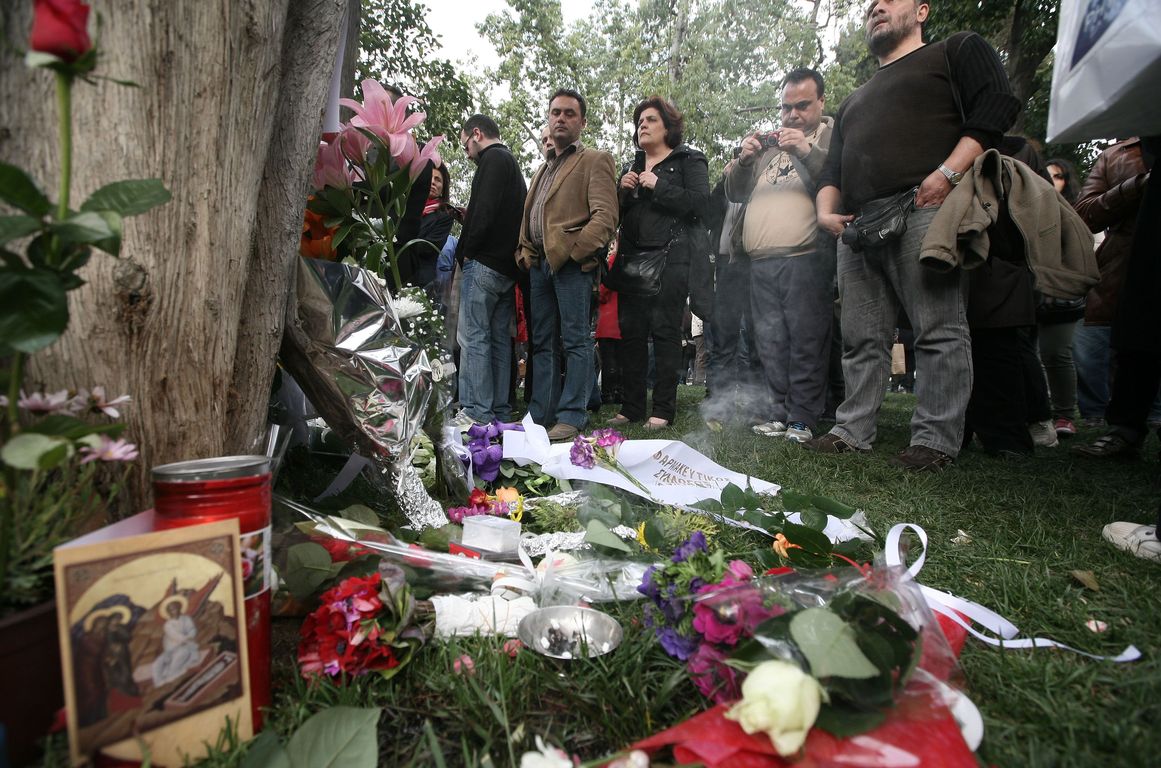The BMJ Open published a study that links increased suicides in Greece to troika-imposed austerity measures. The research found that more people committed suicides as a result of the financial crisis. The findings were based on reported suicides over a 30-year period, examining the trend of monthly suicides from 1983 to 2012. To be fair, Greece traditionally has amongst the lowest suicide rates of countries that keep such stats.
The report states:
In 30 years, the highest rates of suicide in Greece occurred in 2012. The passage of new austerity measures in June 2011 marked the beginning of significant, abrupt and sustained increases in total suicides (+35.7%, p<0.001) and male suicides (+18.5%, p<0.01).
Sensitivity analyses that figured in the factor of “under-reporting” of suicides also found a significant, abrupt and sustained increase in June 2011 (+20.5%, p<0.001). Suicides by men in Greece also underwent a significant, abrupt and sustained increase in October 2008 when the recession began (+13.1%, p<0.01), and an abrupt but temporary increase in April 2012 following a public suicide committed in response to austerity conditions (+29.7%, p<0.05). Suicides by women in Greece also underwent an abrupt and sustained increase in May 2011 following austerity-related events (+35.8%, p<0.05). One prosperity-related event, the January 2002 launch of the Euro in Greece, marked an abrupt but temporary decrease in male suicides (−27.1%, p<0.05).
Conclusions This is the first multi-decade, national analysis of suicide in Greece using monthly data. Select austerity-related events in Greece corresponded to statistically significant increases for suicides overall, as well as for suicides among men and women. The consideration of future austerity measures should give greater weight to the unintended mental health consequences that may follow and the public messaging of these policies and related events.
According to the OECD, “Suicide is a significant cause of death in many EU member states, with approximately 60, 000 such deaths in 2011. Suicide rates vary widely across European countries, with the lowest rates in southern European countries – Cyprus, Greece, Malta, Italy and Spain – as well as in the United Kingdom, and the highest rates in Lithuania, Hungary, Slovenia and Latvia (where suicide rates are more than 50% higher than the EU average). There is an eight-fold difference between Lithuania and Cyprus, the countries with the highest and lowest death rates…”




































